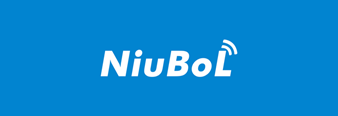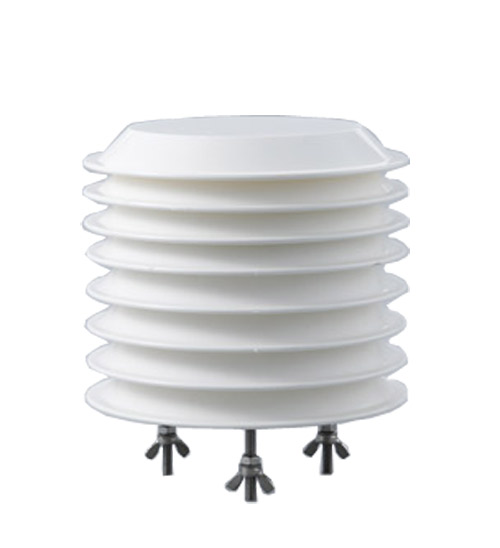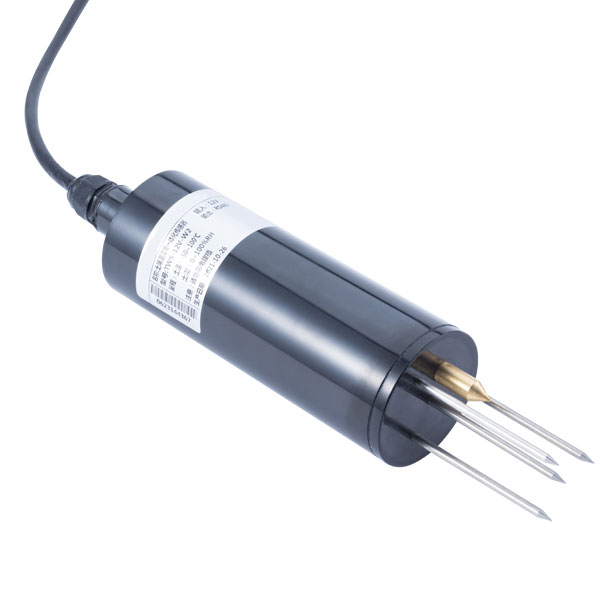

— Blogs —
—Products—
 Consumer hotline +8618073152920
Consumer hotline +8618073152920 WhatsApp:+8615367865107
Address:Room 102, District D, Houhu Industrial Park, Yuelu District, Changsha City, Hunan Province, China
Product knowledge
Time:2021-12-11 20:54:50 Popularity:869
LoRaWAN network architecture and solution introduction
A typical LoRaWAN network architecture includes four parts: terminal, base station, NS (network server), and application server. A star network topology is adopted between the base station and the terminal. Due to the long-distance characteristics of LoRa, single-hop transmission can be used between them. The base station forwards the LoRaWAN protocol data between the NS and the terminal, and carries the LoRaWAN data on the LoRa radio frequency transmission and UDP respectively.
Zokolink provides LoRaWAN series complete terminal (module), gateway, server communication link solutions, terminal node applications and client server applications are implemented by customers themselves. This document mainly introduces how to use terminal (module) products.
LoRaWAN terminal solution
♦ Smart parking
Real-time monitoring of parking space status; transparent information to prevent confusion in urban parking management.
♦ Smart manhole cover
Real-time monitoring of the location information of urban manhole covers. Real-time transmission of status information such as abnormal loss, abnormal opening, and damage of manhole covers is used for data analysis and early warning.
♦ Street lamp monitoring
Long-distance street lamp control, fault, line monitoring, dynamic lighting, energy-saving management
♦ Logistics tracking
An important requirement in the tracking or positioning market is the battery life of the terminal. Logistics tracking can be used as a practical case of hybrid deployment. Logistics companies can deploy a network at the required location according to the needs of positioning, which can be warehouses or transportation vehicles. Portable base stations (LoRa gateways) are used, while LPWAN networks use gateways/concentrators to expand system capacity, and infrastructure is easy to build And deployment.
♦ Intelligent Industry
The operation of factory machinery requires real-time monitoring, which not only ensures production efficiency but also improves labor efficiency through remote monitoring. In the factory's automated manufacturing and production, there are many different types of sensors and equipment. Some scenarios require low-cost sensors with low-power and long-life batteries to track equipment and monitor status.
♦ Smart Agriculture
For agriculture, low-power and low-cost sensors are urgently needed. The application of sensors such as temperature, humidity, carbon dioxide, and salinity is of great significance for agriculture to increase yields and reduce water consumption. Sensors need to upload data regularly, and many remote farms or arable land are not covered by cellular networks, let alone Speaking of 4G/LTE, LoRa is very suitable for such scenarios.
Sensors & Weather Stations Catalog
Agriculture Sensors and Weather Stations Catalog-NiuBoL.pdf
Weather Stations Catalog-NiuBoL.pdf
Related recommendations
Related products
 Atmospheric Temperature Humidity Pr···
Atmospheric Temperature Humidity Pr··· Soil Temperature Moisture Sensor 4-···
Soil Temperature Moisture Sensor 4-··· Air temperature, humidity and atmos···
Air temperature, humidity and atmos···
Screenshot, WhatsApp to identify the QR code
WhatsApp number:+8615367865107
(Click on WhatsApp to copy and add friends)